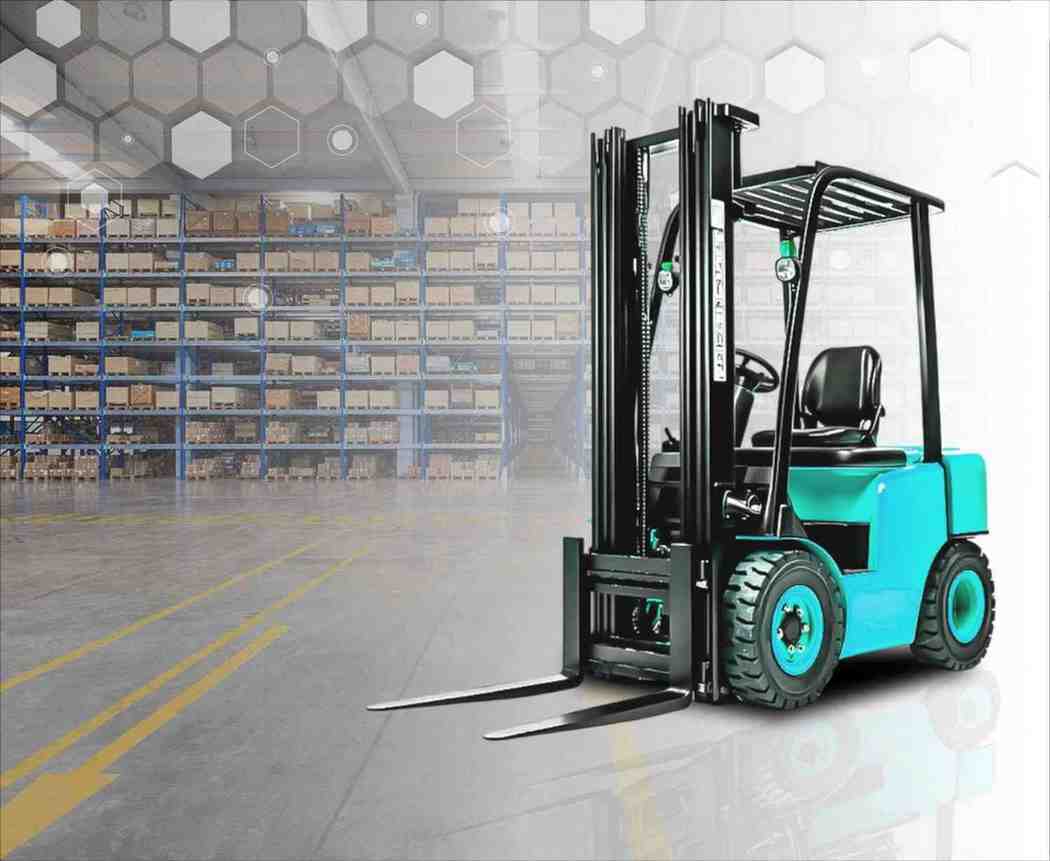Saudi Arabia’s Electric Utility Vehicle Market is growing But Which Brands Are Sticking in People’s Minds

Saudi Arabia's electric utility vehicle (EUV) market is experiencing a transformative shift fueled by extensive infrastructure development, sustainability initiatives, and the operational requirements of industrial and smart city projects. One of the pivotal trends influencing this change is Vision 2030, which promotes the adoption of sustainable transportation solutions by both public and private sectors, particularly in municipal services, logistics parks, and energy-intensive industries. With the advancement of mega-projects such as NEOM, The Red Sea Project, and Qiddiya, there is an increasing demand for low-emission, task-specific electric vehicles capable of operating in clean zones, off-road construction areas, and intra-site logistics. This trend is driving the procurement of rugged, customizable electric utility vehicles in place of traditional combustion-based fleets, with brands like Alké gaining a competitive advantage due to their durable European-built EUVs that meet environmental and functional requirements.
Furthermore, major airports and seaports, including King Khalid International Airport and Jeddah Islamic Port, are investing in fleet electrification to enhance airside logistics, baggage handling, and shuttle services. Established brands such as Club Car and Goupil are increasing their presence in this sector, leveraging their reliability and service networks. Additionally, the growth of industrial zones in Jubail, Yanbu, and Ras Al Khair has led to trials of electric vehicles for internal transport, personnel mobility, and equipment hauling, particularly in regions with tightening air quality and safety regulations. Local stakeholders are beginning to appreciate electric utility vehicles not only for their sustainability benefits but also for their lower total cost of ownership, modular configurations, and quiet operations, making them suitable for continuous operation in industrial facilities.
As fleet procurement becomes increasingly data-driven, decision-makers are prioritizing EVs equipped with smart diagnostics, battery management systems, and compatibility with facility-wide IoT infrastructure. Brands that provide digital fleet management tools alongside EUVs are winning favor in tender processes. The limited presence of strong local EUV brands presents a significant opportunity for specialist European and global manufacturers to expand into Saudi Arabia, particularly if they tailor their product offerings to suit the unique demands of desert climates, heavy payload requirements, and Arabic-language support. With these converging trends, Saudi Arabia is set to emerge as a high-value strategic market for EUV manufacturers aiming to capture utility, logistics, and industrial electric mobility segments, beyond just urban transportation or passenger electric vehicles.
Saudi Arabia Electric Utility Vehicles Market Analysis (Commercial & Industrial EUVs)
Sample Size: 720 qualified respondents
Survey Scope: Riyadh, Jeddah, Dammam, Jubail, NEOM region, and major industrial zones
Target Audience:
|
Category |
Sample Size |
|
Fleet Managers (Logistics, B2B transport) |
180 |
|
Municipal/Utility Procurement Heads |
150 |
|
Mining/Construction Vehicle Ops Heads |
120 |
|
Airport & Seaport Fleet Supervisors |
90 |
|
Industrial Park & Facility Transport Leads |
80 |
|
EV Dealers/Distributors |
60 |
|
Tech & Maintenance Leads |
40 |
Brand Recall Performance
Insight: International specialized EUV brands dominate spontaneous recall due to supply contracts, airport/government tenders, and visibility in industrial zones. Local manufacturers or passenger EV brands were rarely mentioned.
Aided Brand Recall (prompted list of EUV manufacturers)
Insight: Aided recall is higher among airport and industrial respondents, indicating widespread awareness when prompted especially for niche, utility-specific international brands.
Top-of-Mind Recall (first brand named) 
Insight: Alke and Club Car benefit from early tenders and municipal partnerships, creating strong mindshare among those involved in logistics, clean city services, and internal site transport.
Brand Perception Attributes (Rated out of 10) 
Insight: Alke leads in terrain adaptability, durability, and localization, making it suitable for construction, mining, and desert logistics. Club Car excels in after-sales support due to its extensive distributor network in the region.
Emotional Connection & Brand Affinity (Index out of 100) 
Brand Personality Mapping (Aaker's Framework) 
Alke stands out as rugged and competent, ideal for the Saudi terrain and industrial sectors, while Club Car balances reliability and serviceability in more structured environments like airports or residential zones.
Key Trends Observed:
- Ruggedness and service support matter more than branding or EV innovation.
- Alke is dominant in heavy-duty and municipal B2B sectors.
- Awareness is fragmented: most users recall brands via projects, not mass marketing.
- Aided recall shows latent opportunity for mid-tier EUV makers like Addax and Melex.
- Emotional connection is low overall: brands need stronger storytelling for the Saudi market context.
No FAQs available at the moment.